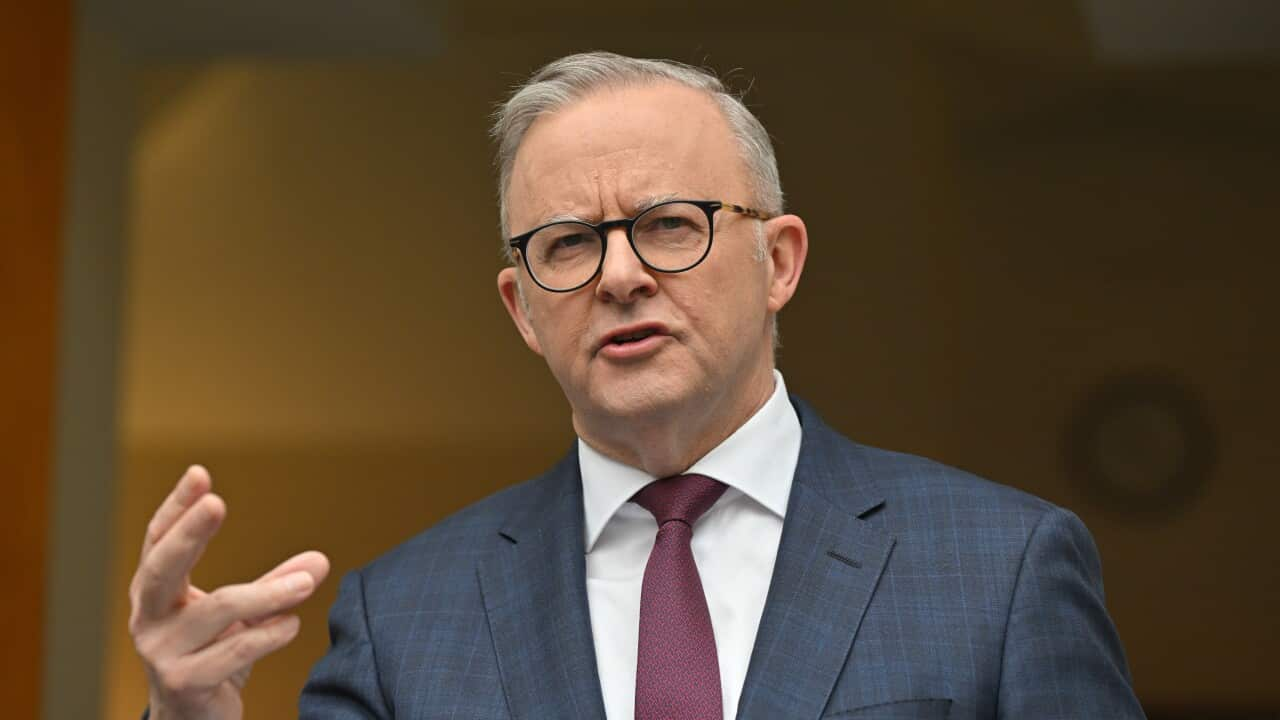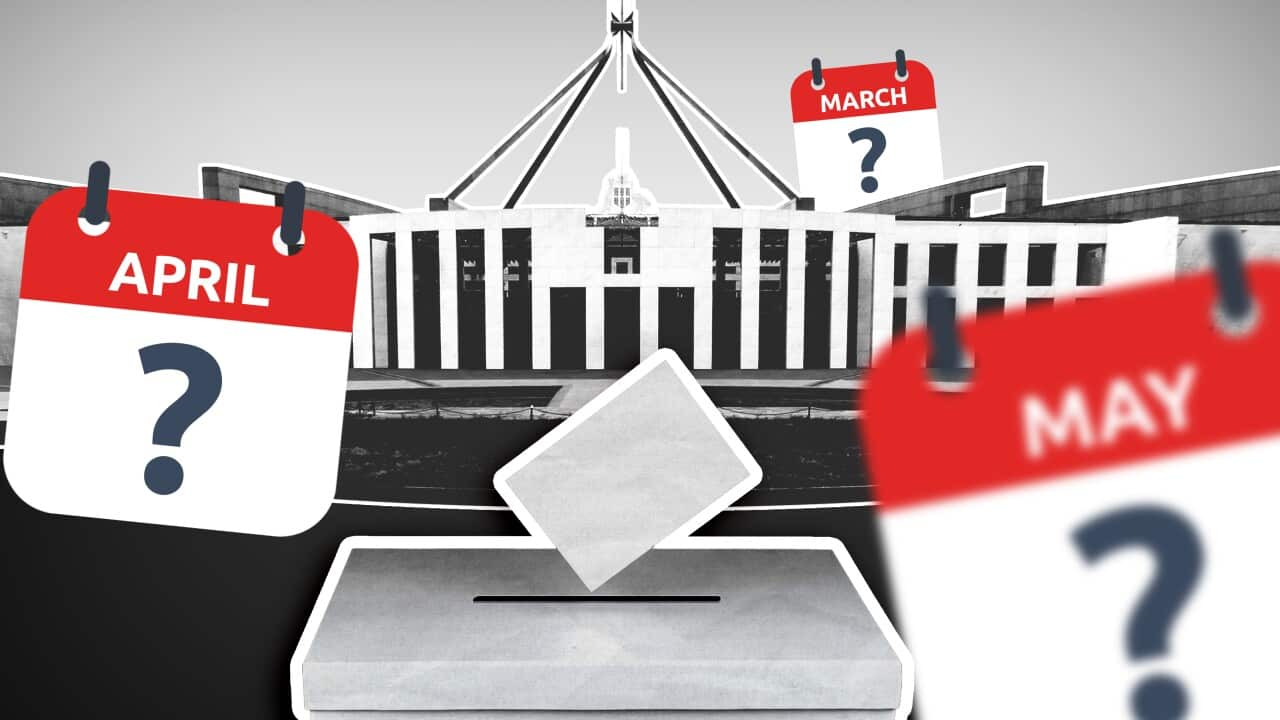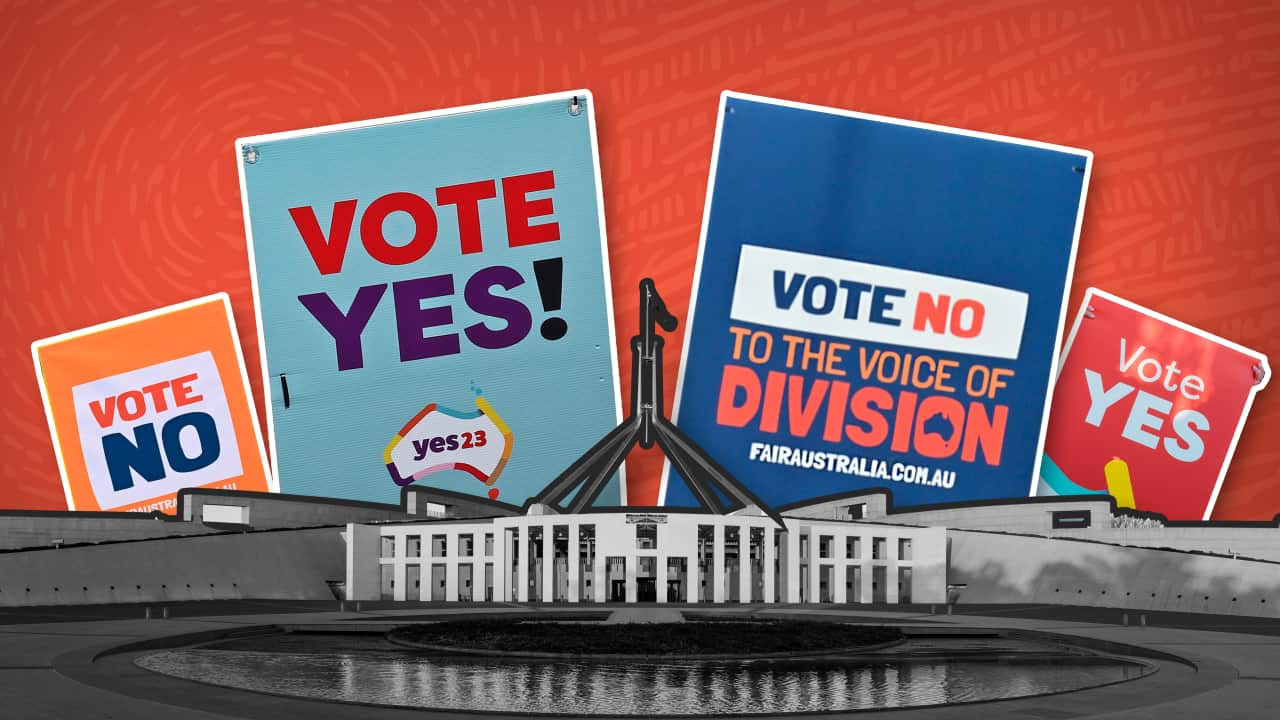Prime Minister Anthony Albanese has reiterated his support for changing the length of parliamentary terms, as speculation grows about the date of the next federal election.
"We should have four-year fixed terms," he told the Seven Network's Sunrise program on Tuesday.
Unlike many other parts of the world, Australia's national poll doesn't have a set date.
Instead, the prime minister of the day decides when to call an election within their three-year term.
Albanese is not the first to back such a change; there have been many pushes over the last century to adopt a longer parliamentary term.
These are the main arguments for and against fixed four-year terms, and how likely the change is to occur.
Why do we have a three-year maximum parliamentary term?
When Australia's constitution was drawn up, the electoral cycle was set at a maximum of three years for the House of Representatives.
Professor Frank Bongiorno, a professor at the School of History at the Australian National University, said shorter parliamentary terms were regarded as "a much more democratic measure in terms of accountability" at that time.
"Going right back to the Chartist movement in Britain in the 1830s and 1840s, they wanted annual parliaments," he told SBS News.
"At that stage, terms for the House of Commons in Britain were seven years, so that was sort of what democrats were reacting against.
"In a sense, what we ended up with in 1901 was a kind of compromise on that sort of idea."
It also created consistency, with the existing colonial parliaments having shortened the length of their terms to three years before federation.
The Senate, meanwhile, was given six-year terms, with half of the upper house's 76 members to be elected every three years.
Half-Senate elections are typically held at the same time as the election of members of the House of Representatives.
What are the arguments for fixed four-year parliamentary terms?
The main argument in favour of a fixed, four-year term is that it gives the government more time to develop and implement policy, something Bongiorno said is "harder with such a relentless cycle".
"If you've got a three-year cycle, in practice, that often means that you really only have a shorter window of perhaps a couple of years to bring about substantial reform, by which time you're looking at the next election," he said.
Having a fixed term of parliament would remove the ability for prime ministers to call early elections, as well, which typically favour the incumbent government.

Australian federal elections are generally held every three years. Source: AAP
The change would also bring federal parliament back in line with the eight state and territory parliaments, which have all moved to four-year terms.
Holding elections slightly less frequently would also result in a "minor reduction" in electoral spending, Bongiorno said.
What are the arguments against fixed four-year parliamentary terms?
The main argument against fixed four-year terms is that less frequent elections could make politicians less accountable, and voters have to wait longer to get rid of unpopular governments.
"We've seen a number of governments in recent years on both sides, actually — think of the Labor government in 2012-13, think of the Coalition government really in its last year or so, more recently, whose time had run out, and I think there was a real taste on the part of voters to remove them," Bongiorno said.
"Now, in the event of four-year terms, of course, those governments will potentially have dragged on for a great deal longer."
There's also the question of whether to shorten Senate terms to four years or extend them to eight years.
Bongiorno said he expected eight-year terms would be the most likely situation, but that comes with concerns of its own.
"We've seen just in the recent past, one of the really serious problems with this: you could have an individual who's elected as a member of a party and after 12 months or two years jump to become independent, or they jump to a minor party," he said.
"That's, to my mind, deeply worrying from a democratic point of view, because that's not what voters thought they were getting when they probably voted above the line at a Senate election, and then they end up with someone who doesn't belong to the party or grouping that they voted for and is potentially sitting there in the Senate for years and years."
How likely is the change?
Changing the length of federal parliamentary terms would require altering the constitution, which can only be done through a referendum.
Referendums are notoriously difficult to pass as they require a 'double majority', meaning they need to be supported by a majority of voters in a majority of states.
When the Hawke government took four-year terms to a referendum in 1988, it failed on both counts, receiving less than a third of the nationwide vote.
None of the eight referenda that have passed in Australia did so without the support of both the government and the Opposition, either.
Opposition leader Peter Dutton last year backed Albanese's call for fixed, four-year terms but cautioned he wasn't sure of the public's support.
"If the prime minister's got a desire to proceed with it, despite our public differences, we have a pretty good working relationship, so I'd be happy to have a conversation with him," he told The Australian Financial Review Business Summit last March.
But on Tuesday, Dutton labelled Albanese's comments "a desperate play from a desperate prime minister who is clinging to office".
"If Mr Albanese has a proposal to have a referendum on four-year terms, then he should be upfront about it," he told NCA NewsWire.
"It is a thought bubble, like the Voice. And look how that ended."
SBS News has contacted Dutton for comment.
Even with bipartisan support, Bongiorno said he didn't expect the issues to be taken to voters in the near future, especially given the recent failure of the .
"I'm astonished that it's being discussed, to be perfectly honest. I would've thought that any government, and certainly this one, would've been pretty shy of talking about reforms needing a referendum anytime soon."












